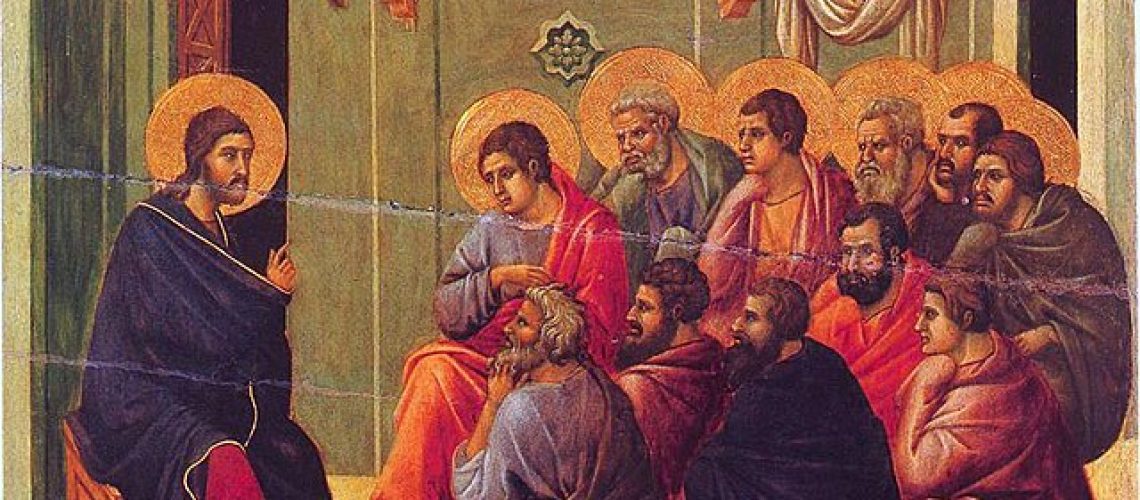St. Andrew’s words to St. Peter, “we have found the Messiah” (John 1:41), ought to be our words at the end of each Great Lent. Thankfully, the Messiah already found us through the incarnation by which He sought after us who were lost. During Great Lent, we are invited to search for the Messiah throughout the life of the Church. Because different traditions commemorate different aspects of the ministry of Christ, this series will briefly examine the four Gospels, Acts, and Revelation.
Series Contents:
While the Gospels (especially Matthew, Mark, and Luke) share common aspects, we will look at the unique ways they portray Jesus especially in relation to Old Testament motifs and Jesus’ disciples. As for the book of Acts, it will show us how the early Church, especially the apostles, manifested the life of Christ in their lives. Finally, Revelation will shed light on the suffering Church in relation to the suffering Christ. Links will be drawn between Luke and Acts on the one hand and John and Revelation on the other.
The Synoptic Gospels
The Gospels of Matthew, Mark, and Luke are collectively known as the synoptic gospels. This term refers to the numerous similar (and occasionally identical) passages between these three gospels. Mark’s Gospel was likely written first; and Matthew and Luke eventually depended on him for parts of their Gospel compositions. Mark is the shortest of the four Gospels. Matthew is infamous for its constant use of Jewish motifs and references to prophecies from the Old Testament. Luke is the first of a two-volume composition covering the life of Jesus and the preparation of the disciples for ministry. The second volume of this composition is the book of Acts where the formation of the early Church and the missionary work of the apostles takes place.
John’s Portrait of Jesus
The Gospel of John is the most unique of the four Gospels. In many ways, it is the most deeply theological Gospel of the four. Unlike Matthew and Luke that begin with the infancy narrative and unlike Mark that begins with Jesus’ baptism, John begins his Gospel with the Word ever existing with the Father before His incarnation. Revelation is traditionally believed to have been written by John though this position has been often disputed by biblical scholars. Personally, I believe John or at the very least one of his disciples highly influenced by him wrote it. Being a prophetic text about end times, it is considered one of the most violent books of the Bible.
This series aims to answer these questions: Who is Jesus in these books of Scripture? Who recognizes Him? How do His followers interact with Him and He with them?

